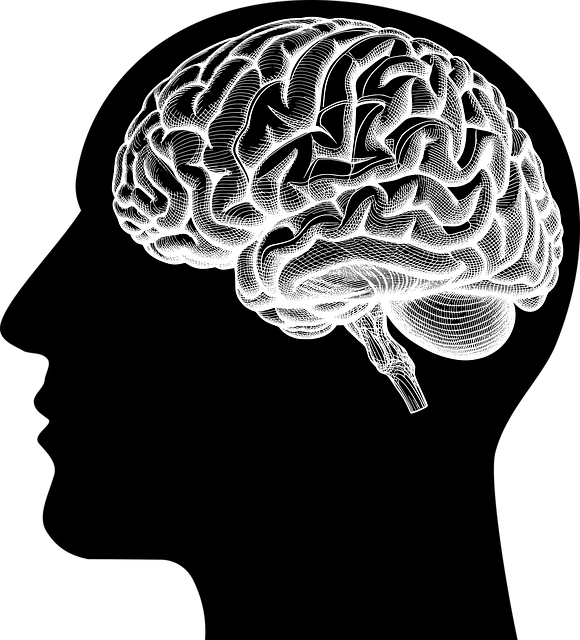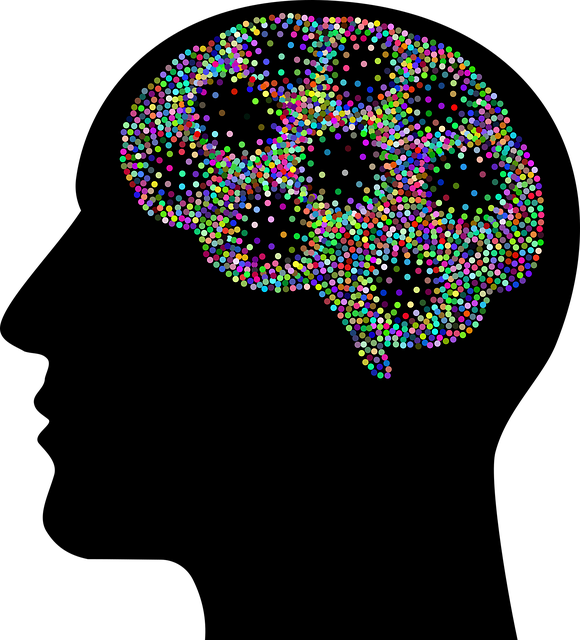Trauma significantly impacts mental health, especially for individuals exploring or questioning their gender identity. Castle Rock Gender Identity Therapy offers specialized support, combining trauma healing and gender affirmation through evidence-based practices, mindfulness meditation, and burnout prevention strategies. They create safe, non-judgmental spaces, promote open communication, and facilitate self-awareness to process emotions without retraumatization. By addressing unique traumatic experiences personally, Castle Rock helps clients build resilience, reduce anxiety, and achieve long-term well-being in an inclusive environment that respects gender diversity. Accessing their services is a crucial step towards healing for those with gender identity-related trauma.
“Trauma support services play a pivotal role in healing and restoration, especially for individuals navigating complex gender identities. This article explores the profound impact of trauma on gender expression and introduces Castle Rock Gender Identity Therapy as a beacon of hope. We delve into the essential components of trauma-informed care, providing a roadmap for effective support.
Additionally, we guide readers through the process of accessing services, offering practical insights. From understanding trauma to leveraging specialized therapy like Castle Rock Gender Identity Therapy, this comprehensive overview aims to empower individuals on their journey towards resilience and well-being.”
- Understanding Trauma and its Impact on Gender Identity
- The Role of Castle Rock Gender Identity Therapy in Support
- Key Components of Effective Trauma-Informed Care
- Accessing and Navigating Trauma Support Services
Understanding Trauma and its Impact on Gender Identity

Trauma has a profound impact on individuals’ mental health, including those exploring or questioning their gender identity. It’s crucial to understand how past traumatic experiences can shape one’s present sense of self. For instance, individuals who have experienced sexual assault or other gender-based violence may struggle with feelings of safety and trust in spaces that remind them of the trauma. This complexity often requires specialized support, such as Castle Rock Gender Identity Therapy, which addresses both trauma healing and gender affirmation.
Mindfulness Meditation and Burnout Prevention strategies are integral parts of trauma-informed care. They help individuals develop coping mechanisms to manage intense emotions and prevent further distress. Effective communication strategies also play a vital role in creating safe, supportive environments. By integrating these approaches, therapists can facilitate meaningful progress in clients’ journeys towards self-acceptance and well-being.
The Role of Castle Rock Gender Identity Therapy in Support

Castle Rock Gender Identity Therapy offers a specialized service that plays a pivotal role in trauma support. With a deep understanding of the unique challenges faced by individuals navigating gender identity issues, their approach combines psychotherapy and counseling to foster healing. The therapists at Castle Rock employ techniques that enhance emotional intelligence, crucial for managing complex emotions stemming from traumatic experiences. By creating safe, non-judgmental spaces, they encourage clients to process and express their feelings openly, thereby facilitating anxiety relief and preventing burnout.
Through individual and group therapy sessions, Castle Rock Gender Identity Therapy provides a supportive network where clients can explore their identities without fear of stigma or rejection. This inclusive environment is instrumental in building resilience, enabling individuals to confront and overcome trauma-related barriers. By integrating evidence-based practices with a deep respect for gender diversity, the therapy center ensures that every client receives tailored support, ultimately promoting long-term well-being.
Key Components of Effective Trauma-Informed Care

Effective trauma-informed care is a holistic approach that centers around understanding and addressing an individual’s unique experiences and responses to traumatic events. At Castle Rock Gender Identity Therapy, we recognize that every person’s journey with trauma is distinct, requiring tailored strategies for healing. Key components of this care include creating safe and supportive environments, encouraging open communication, and promoting self-awareness. By fostering a sense of trust, therapists help individuals process their emotions and memories without retraumatization.
One essential aspect is the development of inner strength through evidence-based practices such as cognitive behavioral therapy (CBT) and eye movement desensitization and reprocessing (EMDR). These techniques empower clients to manage their symptoms and develop coping mechanisms. Additionally, Public Awareness Campaigns Development plays a crucial role in educating communities about trauma, reducing stigma, and encouraging early intervention. Encouraging the establishment of healthy self-care routines for better mental health is another vital element, as it promotes resilience and overall well-being.
Accessing and Navigating Trauma Support Services

Accessing trauma support services can be a significant step towards healing for individuals who have experienced traumatic events. It’s important to recognize that navigating this process may be challenging, especially when facing past traumas related to gender identity issues. Castle Rock Gender Identity Therapy offers specialized care, providing a safe and non-judgmental space for clients to explore their emotions and challenges.
The first step involves raising awareness about available resources. Public awareness campaigns can play a crucial role in educating people on how to identify trauma symptoms and where to seek help. By promoting understanding of mental health issues, individuals are more likely to recognize their need for support and take initiative to access services like Castle Rock Gender Identity Therapy. Additionally, self-awareness exercises can empower clients to articulate their needs, making the therapy process more effective in addressing specific trauma-related concerns, including those related to mood management.
Trauma support services, especially those tailored for individuals exploring their gender identity, are vital in fostering healing and well-being. As highlighted by Castle Rock Gender Identity Therapy, a comprehensive approach that incorporates trauma-informed care can significantly impact positive outcomes. By understanding the intricate relationship between trauma and gender identity, we can ensure accessible and effective services. Key components, such as creating safe spaces and employing trained professionals, are essential for navigating this complex landscape. Accessing support should be straightforward, and by raising awareness about available resources, more individuals can find the help they need to heal and thrive.














